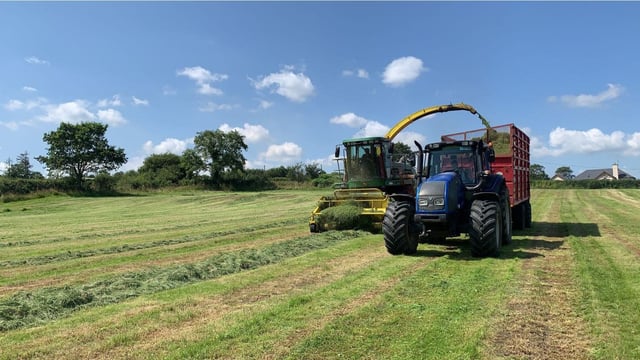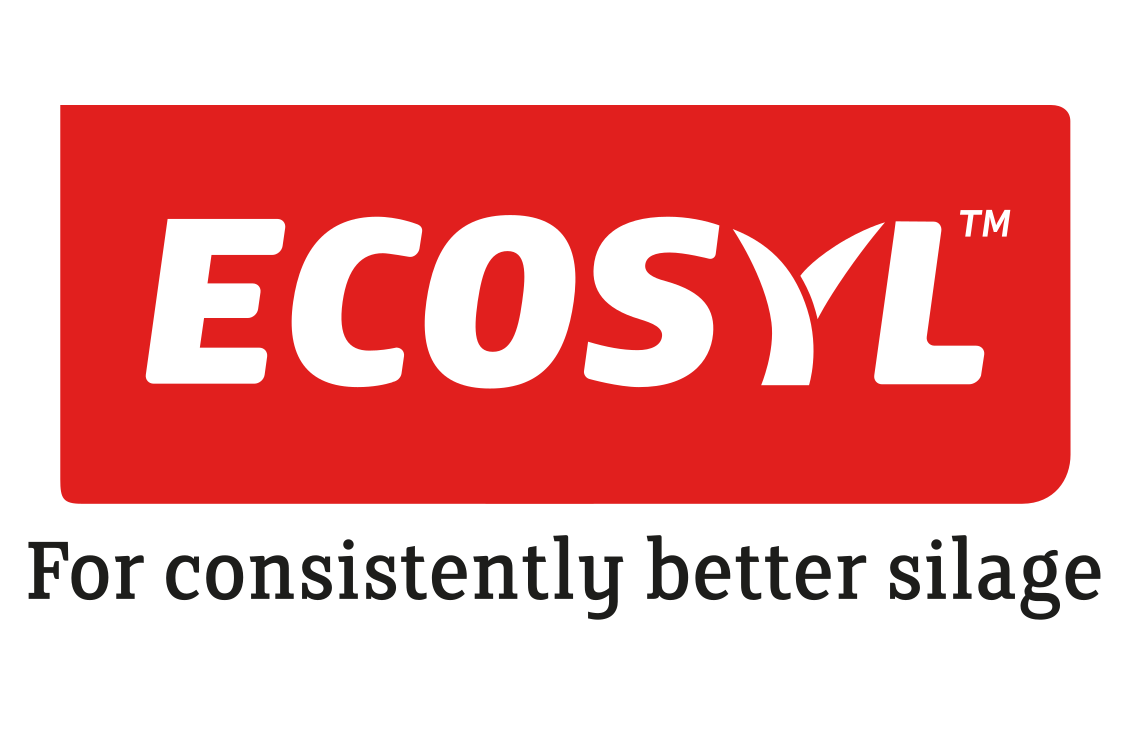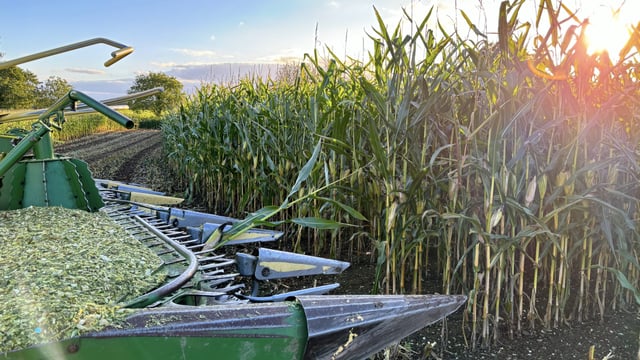ICOS warns of fertiliser price hikes due to new EU tax
The Irish Co-operative Organisation Society (ICOS) has written to the Minister for Agriculture, Food and the Marine Martin Heydon to express "serious concern" about the inclusion of fertiliser in the EU’s Carbon Border Adjustment Mechanism (CBAM).
CBAM places a carbon tax on goods imported into the bloc from third (non-EU) countries when production is carbon intensive and at most significant risk of carbon leakage.
From January 1, 2026, importers will have to pay to receive CBAM certificates for the goods they import including fertiliser, cement, electricity, iron, and steel.
In the letter to Minister Heydon, ICOS president Edward Carr warned of the "significant and growing financial burden that CBAM will place on the Irish agri-food sector", particularly in relation to the cost and availability of fertiliser.
At current market rates of €70/t carbon dioxide equivalent, ICOS said this will add €35-80/t to the cost of fertilisers like urea and calcium ammonium nitrate (CAN).
The letter highlights that projections show these costs could rise to as much as €250/t by 2034.
“For Irish farmers, this could equate to a staggering €100 million increase in fertiliser costs by 2030, directly threatening efforts to meet Climate Action Plan targets that rely on widespread adoption of protected urea.
“We fully support sustainable climate action,but not at the cost of placing Irish farmers at a serious competitive disadvantage, particularly when the UK will not implement its version of CBAM until 2027.
"This will also create divergence on the island of Ireland between NI and ROI, creating a significant cross-border price gap," Carr said.
The ICOS president raised concerns about the lack of analysis on the economic impact of CBAM’s effect on fertiliser supply and farm input costs.
The letter also highlights how the additional tariffs on Russian and Belarusian fertilisers from July 2025 could further restrict availability and push prices higher.
ICOS has urged the government to take immediate action to protect Irish farmers from the financial impact of CBAM.
"ICOS is calling for a full EU-level economic impact assessment of CBAM on fertiliser prices and farm input costs, the introduction of transitional supports or exemptions for the Irish agricultural sector, close cooperation with the UK to prevent a cross-border price gap, and active monitoring of the fertiliser market to safeguard price stability and supply for farmers,” Carr said.
The ICOS letter seeks support from Minister Heydon for the following proposals:
- A full exemption for fertiliser under CBAM, failing that a postponement of CBAM for fertiliser to ensure proper alignment between the EU and UK;
- The enhanced monitoring provisions provided to the European Commission regarding the fertiliser market should include the impact of CBAM;
- The European Commission should be required to publish an economic impact assessment into the impact of CBAM on fertiliser prices and availability;
- The government should also assess the economic and environmental implications from an Irish context and the potential impact on protected urea and the achievement of Ireland’s Climate Action Plan targets.
“The Irish agri-food sector cannot absorb these additional costs without undermining our competitiveness and sustainability targets.
“We urge the minister to act decisively and represent Ireland’s unique concerns at EU level," Carr said.






